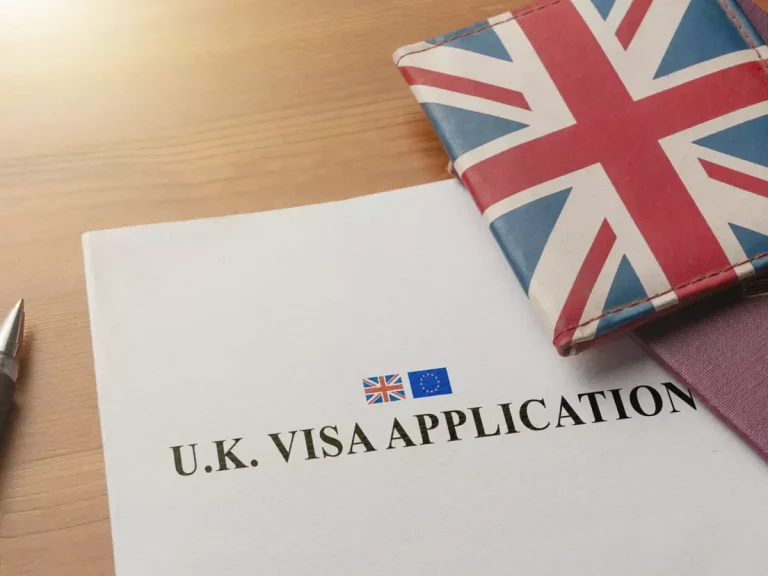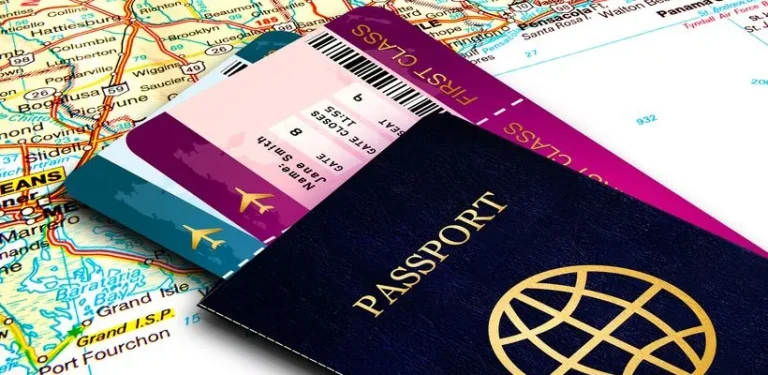Securing a visa to visit another country can be a complex and time-consuming process, with one of the main causes for rejection being lack of financial resources. Traveling requires adequate funds in order to cover expenses during one’s journey and demonstrate intent of returning home; we will explore why applications for visas were denied due to insufficient finances as well as providing tips to improve chances of approval.
Financial Planning 101 – Understanding Its Importance
Immigration authorities want to ensure that those applying for visas, whether for tourism, business or study purposes, can support themselves while in their host country without becoming a burden to society. Financial means are therefore an integral component of visa applications.
Common Reasons for Visa Rejection
Inadequate Funds:
One of the main factors leading to visa denial is failing to demonstrate sufficient funds for accommodation, meals, transportation and any other associated expenses for your trip. Not providing convincing proof can result in your application being denied and visa denial as a result.
Unexplained Disparities:
Any discrepancies in your financial documents – such as sudden large deposits into your bank account without clear sources – could raise suspicion from visa officers, who seek evidence that your financial situation is legitimate.
Low Income:
Your income level is an essential consideration in obtaining a visa application. If your income does not support your planned trip, visa officers want to see that there is sufficient income coming into the household so as not to deny your application for travel visas.
Lack of Ties to Home Country:
One reason for visa denial could be concerns that you will not return home after visiting. If your application does not demonstrate strong ties such as family, property ownership, or an established career to your country of origin, a visa officer could become suspicious that your intentions to come back home may change and decline it altogether.
Advice for Avoiding Visa Rejection Due to Financial Means
Plan In Advance:
Begin planning your trip early by calculating expected expenses and making sure there is enough funds available to cover them. An organized budget will make an impressive case when applying for grants or scholarships.
Document Your Finances:
Organize all necessary financial documents such as bank statements, pay stubs, tax returns and property ownership documents in an effort to show clearly your financial history and source of funds.
Maintain Consistency:
Maintain consistency in your financial transactions before applying for a visa, especially red flag deposits or withdrawals.
Emphasize Ties to Your Home Country:
If there is concern that you won’t return, be sure to emphasize your connections – family, property ownership or job obligations may all serve as ways of keeping you rooted where you reside.
Engage a Professional:
An immigration attorney or visa expert can help you prepare an effective visa application, including financial documentation.
Make Sure You Apply For The Appropriate Type Of Visa:
When it comes to visa applications, making sure that you apply for one that corresponds with your travel purpose is essential. Different visas have differing financial requirements so suitable understanding is key.
Provide a Cover Letter:
Include a well-written cover letter explaining your trip’s purpose, finances, and return plans with your visa application. A good cover letter can reassure the visa officer about you and your return home plans.Customize your trip from SFRV travels by choosing your preferred travel dates, accommodations, and any additional services or activities you’d like to include. Visit this travel site to reserve your itinerary according to you.






+ There are no comments
Add yours